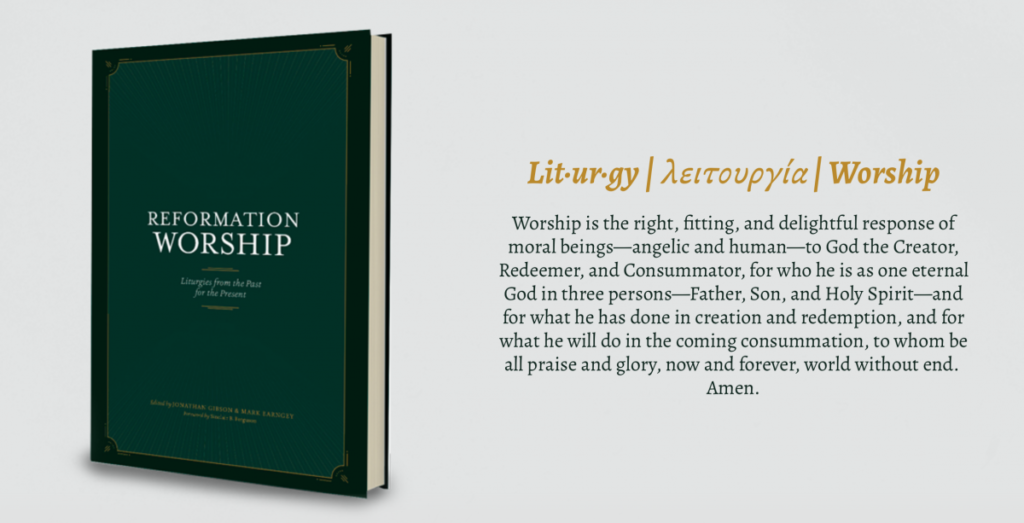 This excerpt is adapted from What’s So Great about the Doctrines of Grace? by Richard D. Phillips. (original source of this article here)
This excerpt is adapted from What’s So Great about the Doctrines of Grace? by Richard D. Phillips. (original source of this article here)
I am writing to praise the doctrine of limited atonement because it so exalts the cross of Jesus Christ, which gained a full redemption for all those appointed by God to eternal life. But what is the cash value of this doctrine? Does it offer something to my Christian experience or is it just abstract theology? What’s so great about the doctrine of limited atonement?
First, whenever a doctrine receives the prominence the Bible gives to Christ’s atonement, it must be significant to our lives.
The solemnity of the subject matter of Christ’s atonement urges us to consider it of great significance and to think carefully about it, in conformity with the Scriptures. In this respect, limited atonement should be received as a great doctrine simply because of its importance to Jesus and His saving work.
Second, if we grasp how personal in its application and how efficacious in its effects is the cross of Christ, we will find solid ground for our assurance of salvation.
There can be no assurance if the ultimate cause of our redemption is found in ourselves. The Arminian concept of a universal atonement, Packer remarks, “destroys the Scriptural ground of assurance altogether… . My salvation, on this view, depends not on what Christ did for me, but on what I subsequently do for myself.” This is why assurance of salvation is a field of theology and Christian experience plowed only by the Reformed. Murray notes, “It is no wonder that the doctrine of assurance should have found its true expression in that theology which is conditioned by the thought of the divine atonement or effective redemption, the irreversibility of effectual calling, and the immutability of the gifts of grace.
It is when you realize that even your faith is the outworking of Christ’s saving death for you, by the electing will of the Father, as applied by the Spirit, that you know the solid ground on which your salvation stands. If you truly believe–and the Bible gives you tests to determine whether you do–you can rest your heart in God’s sovereign grace and begin looking forward to an eternity of glory in the kingdom that you are now called to serve.
Lastly, limited atonement impacts us powerfully with regard to the psychology of our devotion to the Lord.
There are some who die for principles, and we admire them for it. Socrates accepted the cup of hemlock for the principle of tacit consent to civic rule. For this, his influence has spread far and wide across the ages. There are others who die for causes. If we share the cause, we may honor the martyr’s name. Nathan Hale has gone down in American history as the revolutionary who declared, “I only regret that I have but one life to lose for my country.” Schoolchildren are taught those words even today, and we remember him with respect. Logically, the doctrine of universal atonement places Jesus in this category, though as the most noble of people who died for the greatest possible cause.
But there is another category of devotion that rises far above the rest. Some die for principles and others for causes. But what about someone who dies for me? This calls for a different kind of devotion altogether.
The movie Saving Private Ryan tells of a rescue operation immediately after the Allied invasion of Normandy in June 1944. The War Department learns that three out of four sons in a family named Ryan have died in battle on the same day. The Army’s top general orders that the fourth son be rescued from behind German lines, where he parachuted on D-Day. An elite squad of Army Rangers is assigned to find Private Ryan. The search leads to a bridge where German tanks are trying to break through Allied lines, and there the squad is destroyed as the quest finally succeeds. As the captain who saved Ryan lies dying on the bridge, surrounded by the bodies of the men from his squad, he draws Ryan close and gasps: “Earn this. Earn it.” The movie concludes with Ryan, as an old man, returning to the cemetery where the men who died for him were buried. Falling to his knees at Captain Miller’s grave, he says to the white plaster cross: “Every day I think about what you said to me that day on the bridge. I’ve tried to live my life the best I could. I hope that was enough. I hope that at least in your eyes, I earned what all of you have done for me.” Turning to his wife, who comes up beside him, he stammers: “Tell me I have led a good life. Tell me I’m a good man.”
We praise God that we are not required to earn what Christ has done for us, for we never could do so. We receive His death by simple faith alone. Jesus never demands that we earn what He did for us. But the Bible does tell us to live “in a manner worthy of the Lord” (Col. 1:10). So we can turn to His wooden cross every day and pray, “If, with all Your glory, You, the Son of God, died for me, then I can live for You.” We live not merely for a principle and not even for a great cause. We live for a person, the Lord Jesus Christ. He died not merely for a principle or even for the greatest of causes. He died for us. So every Christian can say, “I live for Him, because He died for me.” He died for me.


